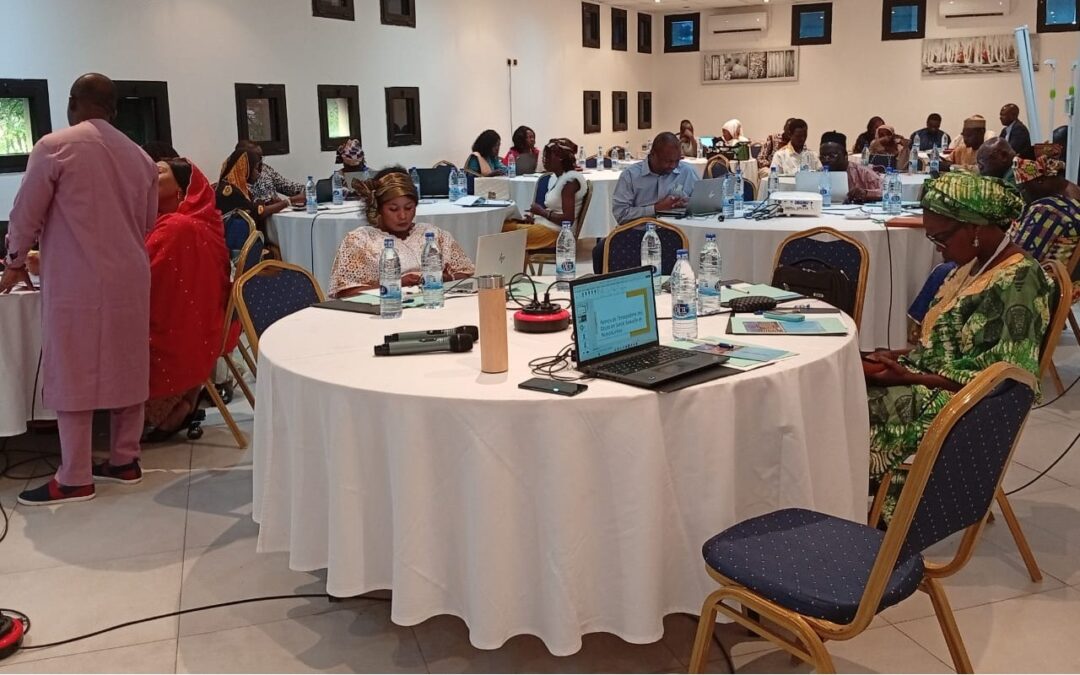
Chad’s Ministry of Public Health and Prevention, in partnership with the reproductive rights organization Ipas, has launched a national workshop aimed at evaluating the sustainability of the country’s sexual and reproductive health (SRH) ecosystem.
The workshop, which opened on Wednesday in a hotel in N’Djamena, brought together government officials, institutional representatives, and partners from various provinces to share expertise, reinforce capacities, and develop actionable strategies to safeguard the rights and wellbeing of women and girls.
“This workshop marks a pivotal moment,” said Fabiola Mizero, Director of Ipas Francophone Africa, during her address. “It offers us a space for dialogue, collective analysis, and knowledge exchange around sexual and reproductive healthcare.
Our goal is to identify achievements, challenges, and key levers, while collectively thinking through practical solutions that will sustainably improve access, quality, and resilience of the services provided. This process can only succeed if all voices and stakeholders here today are truly heard.”
Mizero reiterated Ipas’ continued commitment to Chad, stressing the importance of joint efforts. “We firmly believe that by combining our strengths—through transparency, honest dialogue, and resource mobilization—we can ensure safe, equitable, and respectful access to sexual and reproductive health services for everyone.”
Representing the Ministry of Health, Deputy Director General Dr. Mahamat Hamit Ahmat addressed the urgent issues of maternal and neonatal mortality.
“The maternal and neonatal death rates in Chad remain alarmingly high. The causes are many: early, closely spaced, late, or excessive pregnancies; limited access to quality SRH services; lack of suitable family planning; and most critically, inadequate or nonexistent post-abortion care.”
He stressed the need for coordinated action. “To respond effectively, we must establish a sustainable ecosystem for sexual and reproductive rights.
This cannot be confined to clinical services alone—it must also include public policies, laws and regulations, social norms, financing systems, health product supply chains, provider skills, and community involvement.”
Dr. Hamit Ahmat reaffirmed the ministry’s commitment to technical and financial partners, thanking them for their ongoing support.
He encouraged participants to approach the discussions with rigor, openness, and a spirit of collaboration, urging them to share experiences and suggest concrete, innovative solutions.
The workshop is seen as a critical step toward building a more inclusive and resilient reproductive health system in Chad.



